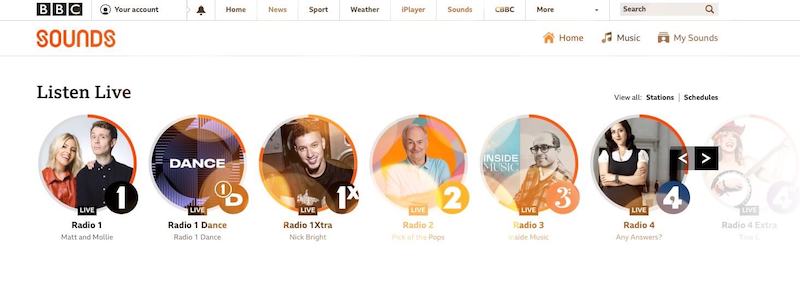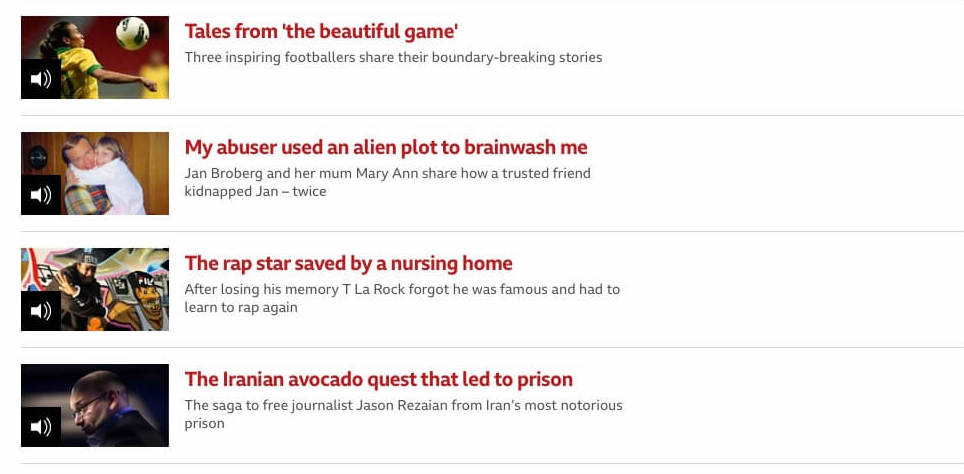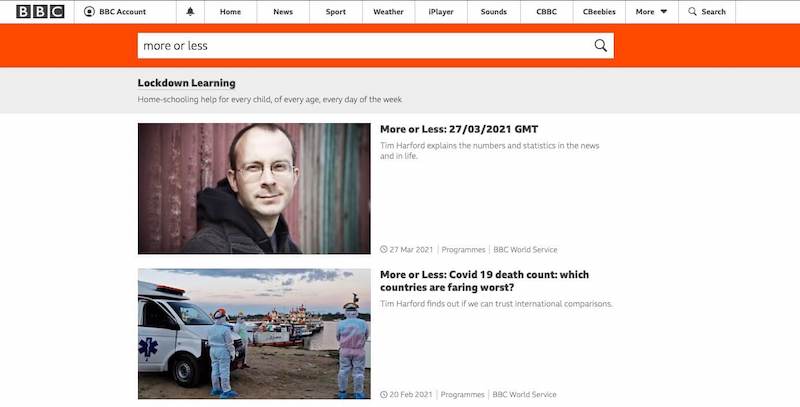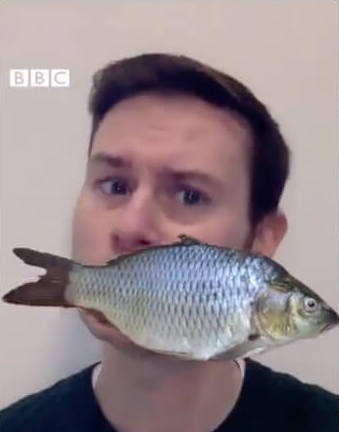English Learning Tips
Read on for our guide to using FREE BBC content to improve your English.
As usual, we have a practice exercise for English learners at the foot of the page.
Tip 1: Look in The Most Obvious Place
I’m sure you are already aware that the BBC offers great language lessons for English learners.
There are free online resources to benefit most learning levels, including a daily ‘Slow News‘ podcast, business English sketches and pronunciation guides.
The BBC Learning English site has great and varied resources, and if you haven’t checked it out for a while, do – they have refreshed old content, got rid of the wacky idiom guy (hopefully he got a place on Children’s TV, and can now look bright and bushy-tailed at 5 am).
There’s also now a BBC English App available to download.
All for free.

Tip 2: Open BBC Sounds and Do Your Ironing!
The good news is most of its content is available worldwide. There are only a few guest shows by the likes of
Iggy Pop and Bruce Springsteen which are not ( for reasons to do with international licensing).

BBC Radio Has Something For Every Taste
I also really enjoy the Asian Network for a dip into an English-speaking culture quite different from my own.
The accents you hear on this station are likely to be British Indian and Pakistani and not the made-easier, over-enunciated ones on BBC English, but if you are planning to spend time in the UK, you will hear accents like these nationwide so don’t discount it too quickly. Plus the music is great.
How to Listen
Try listening live while doing your ironing, sorting out your photos in iPhoto or having a facial – it’s all good.
The trick is to find one bit of routine which you like doing – and stick to it!
Listen passively in real-time and find out what the British public is listening to and talking about that day.
It’s a less intensive way of learning, but it’s fun, and you’ll come back to it again and again for this reason.
If you are not convinced, watch the Lŷdia Machová TED talk below:
Tip 3: Search for Your Thing
Most shows have repeating features and vocabulary – so even if you miss out on a lot of content, 5 shows down the line you will pick up much more.
If you like alternative weird stuff, I can’t recommend Marc Riley enough (this strange expression means it is to be recommended!): he’s chatty, funny, knowledgeable and relaxed and loves all kinds of interesting types of music – he even has an A – Z of Psychedelia – available as a podcast – my style of pedagogy!

Tip 4: The Wealth of Radio 4 Biographies

Are you on our mailing list?
If you are, we’ve been sending you links to our favourite radio shows for months now.
Just to help you learn English!
If not, sign up using the form below!
Tipp 5: Radio 4: More or Less
I tend to pick one or two and stick loyally with them.
More or Less, by Tim Harford is at first glance a surprising recommendation.
It is described as being, ‘about the accuracy of numbers and statistics in the public domain‘ which should sound about as dry as you can get.
In fact, it is an entertainingly presented look at the inaccurate statistics being widely used in media and social media.
It really challenges the endemic fake news and false statistics used to sell newspapers or as clickbait by the least scrupulous media outlets.
Because it reviews contemporary news it’s very up-to-date, and truly enlightening about the British press and culture.

Remember to Have Fun
.By popular demand, here's our sea shanty on some fishy figures...pic.twitter.com/s8bAUvvVgy
— BBC More or Less (@BBCMoreOrLess) January 20, 2021

Further Information
Blue Noun English Language Challenge
Any English learner (particularly someone with a language level beyond lower-intermediate), can use the BBC Sounds App to find genuinely interesting content and use BBC Radio to learn English.
The BBC has a huge site, and there is really something for every English language learner to enjoy on it.
We cover a broad range of topics in our language school blogs – some a lighthearted look at Scotland, others an in-depth look at art and culture. There’s something for everyone.
If you’ve liked this blog, you might want to read about how we use books as resources for English Language Class here.
Your Blue Noun English Language Challenge is:
Go listen to some radio (of course)!
You can use the comment section below to ask for a specific show recommendation. Just tell me what your interests are.
Write as much as you like, and if you would like us to check & correct your English, write CP (correct please) at the end.
Live language learning!


